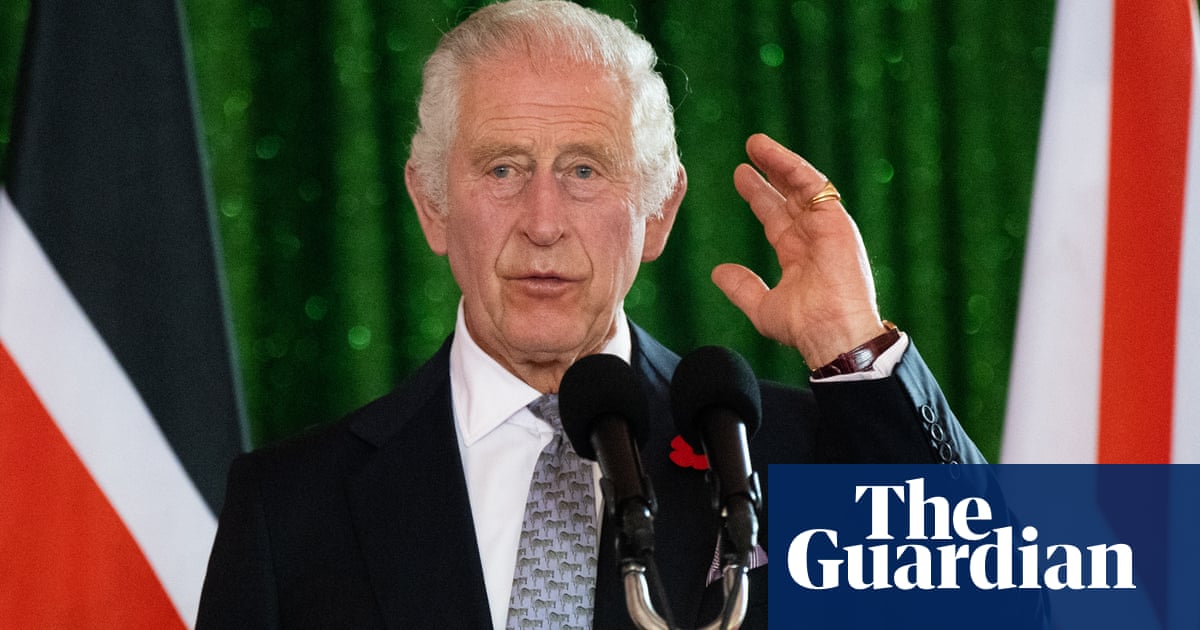
The British government has been criticised by the UN for a lack of resolution over colonial-era crimes committed in Kenya.
Six UN special rapporteurs have written to the government expressing concern over its failure to provide “effective remedies and reparations” to the Kipsigis and Talai peoples.
The Kipsigis and Talai clans of Kericho county, Kenya were brutally evicted by the British army between 1895 and 1963 to make way for lucrative tea plantations owned by white settlers.
Having never received any form of redress for the human rights violations they suffered, they filed a complaint to the UN calling for an investigation in 2019.
Lawyers say the UK pursued an intentional policy of violent displacement after realising the land in Kericho County was suited to growing tea, and argued the treatment of these Kenyans amounted to a gross violation of human rights.
Starting with the crown land ordinance of 1902, 36,000 hectares (90,000 acres) of land in Kericho is alleged to have been taken from the Kipsigis and Talai, and given to white Europeans. The land is now occupied by various British and multinational tea corporations.
The British government was given 60 days to respond to allegations and urged to take necessary measures to stop the violations and prevent their recurrence before the communication was made public, but it has not responded.
In a new report the UN has demanded that the British government must now provide responses and settle the matter with the victims, many of whom are still alive. The rapporteurs specifically expressed concern about failures to adopt measures to establish the facts and truth about the circumstances, to provide public apologies including an official acknowledgment of their plight and t a lack of reparation to victims and their descendants.
The UN rapporteurs have told the British government that reparation should include “measures in the areas of restitution, compensation, rehabilitation”.
One of the victims of the land grab, Dickson Sitienei, said his people had been fighting for their voices to be heard for many years.
“If the British government think we will forget what they did they are wrong,” he said. “It has been very difficult to feel ignored for so long for the terrible things they did to us. We cannot feel free until they acknowledge what they did, this is the only way forward.”
Rodney Dixon QC and Joel Kimutai Bosek, who represent victims, said the findings in the report were a positive step in the right direction.
“Our clients have suffered their whole lives because of the appalling crimes committed decades ago and they continue to suffer today,” they said in a statement. “They deserve justice, accountability, an apology and reparations as recommended – it is time to resolve this matter constructively in the interests of all parties.”
The Kericho county governor, Paul Chepkwony, who has fought for reparations for years, said he was pleased with the ruling.
“It brings me hope to know that this terrible shared history between Kenya and Britain is not being forgotten or rewritten. The British government must apologise for the crimes they committed and meet with us to discuss reparations,” he said.
When the Guardian contacted the Foreign, Commonwealth and Development Office (FCDO) a spokesperson said that the UK Government had already recognised that some Kenyans were subject to torture and other forms of ill treatment at the hands of the colonial administration, as set out in 2013 by the then foreign secretary, William Hague.
They referred to this statement they said was part of the settlement of claims made by Kenyan citizens who had lived through the “emergency period” and the Mau Mau insurgency from October 1952 to December 1963.
In 2013, following the Mau Mau settlement, the UK Government agreed to construct a memorial in Nairobi recognising victims of torture and ill-treatment.
This memorial, unveiled in September 2015 in Uhuru park’s Freedom Corner, was the result of close collaboration between the British High Commission, the Mau Mau War Veterans Association, the government of Kenya, the Kenya Human Rights Commission, the Nairobi governor’s office, and the National Museums of Kenya, they said.
In a statement an FCDO spokesperson said that promoting and protecting human rights around the world is a cornerstone of the UK’s foreign policy.
“We regret that these abuses took place, and that they marred Kenya’s progress towards independence,” they added.











